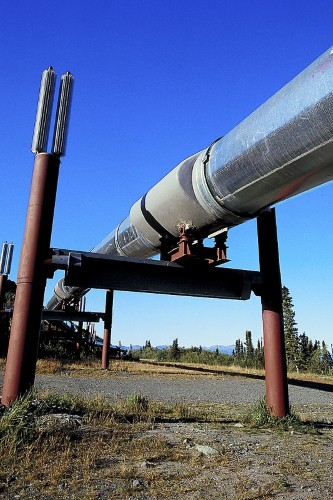When Enbridge Inc. ruptured a pipeline 10 days ago in rural Wisconsin, it was hardly a disaster, as the scene was quickly contained in a couple of hours and the line was repaired in days. However, some experts feel that the Canadian company has more problems ahead as a U.S. regulatory agency continues to show its recently acquired strength.
As reported by Reuters, the U.S. Transportation Department oversees the Pipeline and Hazardous Materials Safety Administration (PHMSA), and started a new public safety venture last year, "urging operators to replace aging infrastructure and winning Congressional support for more resources and enforcement powers."
After BP's disaster in the Gulf of Mexico and Enbridge leaking 20,000 barrels of oil into Michigan's Kalamazoo River, both in 2010, the pipeline industry and its accidents have become high profile, Andy Black, head of the Association of Oil Pipelines trade group said to the news source.
Last week, the PHMSA issued Enbridge a corrective action order, something not uncommon after a spill. However, the agency went a step further and demanded an exhaustive safety plan for the 1,900-mile Lakehead pipeline system, not just Line 14. In addition, an independent auditor and the PHMSA must review the plan. These are the toughest terms issued since a pair of BP oils spills happened in Alaska in 2006.
Industry consultant Don Deaver, who also used to work for Exxon as a pipeline engineer, said "This is PHMSA saying: 'We mean business.'"
While no company or organization, regardless of the industry it is in, can expect to always have business run smooth and problem-free, it is important to properly react to any type of disaster or scandal. Partnering with a business continuity consultant is a good way to ensure that the company's image will not be tarnished as it attempts recovery.

